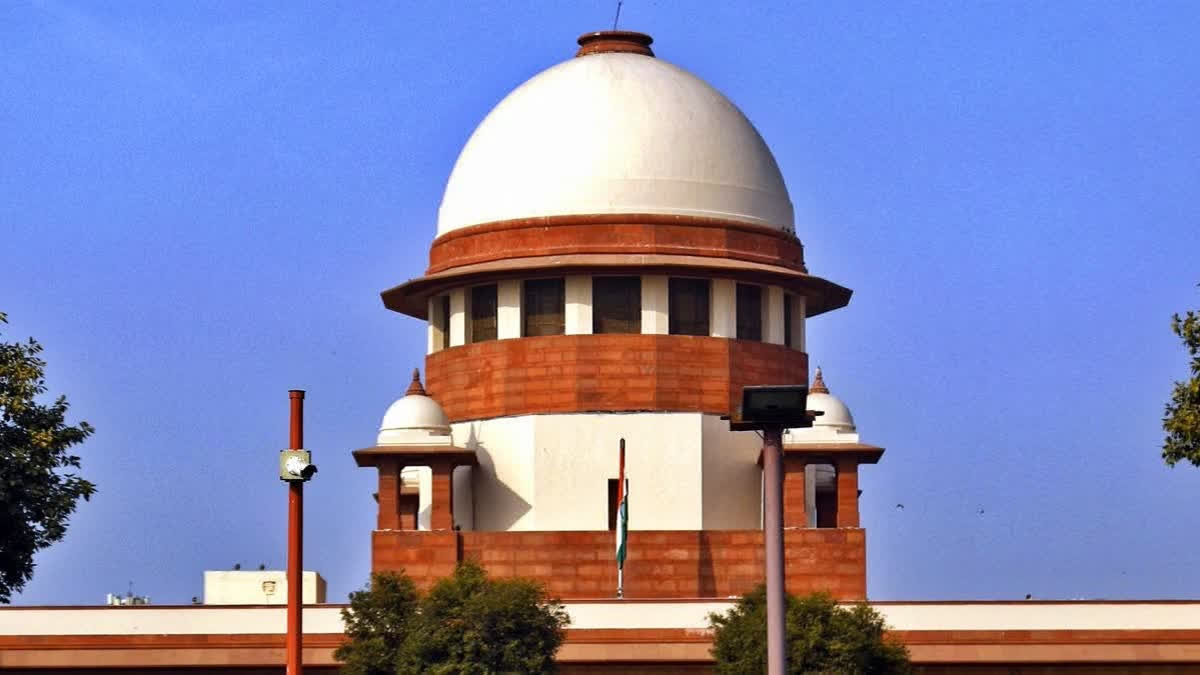New Delhi: The Supreme Court Tuesday said that the Constitution of Jammu and Kashmir was neither at par or superior to the Constitution of India and pointed out that the President appoints Judges to the High Court of Jammu and Kashmir and also transfers them.
A five-judge bench headed by Chief Justice of India D Y Chandrachud and comprising Justices S K Kaul, Sanjiv Khanna, B R Gavai, and Surya Kant, was hearing a batch of petitions challenging the abrogation of Article 370, which bestowed special status on the erstwhile state of Jammu and Kashmir. The top court, after hearing submissions for 16 days, reserved its judgment today.
Also read:SC reserves verdict on pleas challenging Article 370 abrogation
During the hearing, the Chief Justice told senior advocate Gopal Subramanium that the domain of the Constitution of Jammu and Kashmir was that which was defined by the Constitution of India. The Chief Justice said, “Therefore, this was not a constitution (of J&K) at par or superior to the Constitution of India…it can't be superior to the Constitution of India, nor it was at par with the Constitution of India….look at the definitions 2(1) (a), Constitution, means Constitution of India, as applicable in relation to the state”.
The Chief Justice cited Section 5 of the constitution of J&K and added that the domain of the Parliament to make laws for states will be defined by the Constitution of India (and) not by the J&K Constitution.
Article 5 of the J&K constitution says the executive and legislative power of the State extends to all matters except those with respect to which Parliament has the power to make laws for the State under the provisions of the Constitution of India.
Gopal Subramanium, representing a petitioner in the rejoinder argument, said "I would not like to say easily that the Jammu and Kashmir Constitution is inferior because it established courts of record and legislature and the Jammu and Kashmir High Court owes existence to the Jammu and Kashmir Constitution. The legislature of J&K owes its existence to this Constitution….These institutions of permanent nature established under the Constitution”.
